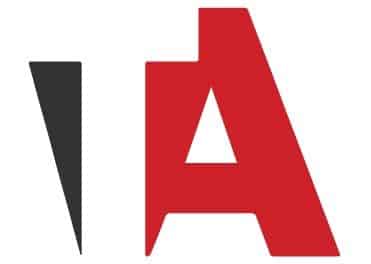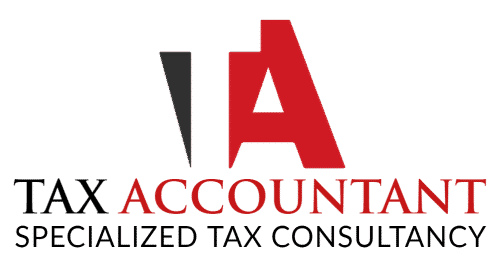Starting a property rental business can be an exhilarating opportunity, but it’s essential to grasp the exact point at which your business commences. This understanding goes beyond a mere formality; it holds substantial implications for your tax obligations and financial outlays.
When Does Your Property Rental Business Begin?
Your rental business starts the moment you decide to become a landlord or when you purchase a property. However, according to HM Revenue and Customs, your property rental business doesn’t officially begin until you let your first property.
This distinction is important because it affects when you can start deducting expenses for tax purposes. Once your first property is let, you’ve officially started your business. From this point on, you can deduct expenses that are wholly and exclusively for your rental business when calculating your profits.
The Single Property Business Concept
Here’s an interesting fact: no matter how many properties you own, HMRC typically treats them as part of a single property business but may not recognise single property let as a business. Rule applies as long as the same person owns the properties and is acting in the same legal capacity.
However, there are a couple of exceptions to this rule:
UK and Overseas Properties: If you have properties both in the UK and abroad, HMRC considers these as two separate businesses. Your UK properties form one rental business, while your overseas properties form another.
Furnished Holiday Lettings: Currently, furnished holiday lettings are subject to different rules. However, if you have both furnished holiday lettings and other types of lets in the UK, they’re still considered part of a single UK property business.
Adding More Properties to Your Portfolio
Once you’ve let your first property and your business is up and running, things become simpler when you acquire more properties. Any expenses you incur while preparing to let these additional properties are considered part of your existing rental business. This means you can deduct these expenses when calculating your profits as long as they meet the “wholly and exclusively” test – in other words, the expenses must be solely for your rental business.
It’s worth noting that the pre-letting expenditure rules we’ll discuss next don’t apply to these subsequent properties. They’re only relevant to expenses incurred before your very first let.
Pre-Letting Expenses: What Can You Claim?
Now, let’s talk about those expenses you incur before you let your first property. These are known as pre-letting or pre-trading expenses. HMRC has specific rules about these:
Time Limit: The expense must have been incurred within seven years before the start of your property rental business.
Nature of Expense: The expense must be something that would have been tax-deductible if you had incurred it after your business started.
If an expense meets these conditions, you can treat it as if you incurred it on the day your property rental business began. This means you can use it to reduce your rental profits in your first accounting period.
For example, let’s say you spent money on minor repairs or purchased landlord insurance before you found your first tenant. As long as these expenses were within the seven-year window and would have been deductible if incurred after letting, you can claim them against your first year’s rental income.
Capital Expenditure and Allowances
The rules for capital expenditure (major improvements or purchases of equipment, for instance) are similar but slightly different:
- If the expenditure qualifies for capital allowances, it’s treated as if it were incurred on the start date of your business.
- You can then use these allowances to reduce your profits in your first accounting period.
For example, if you bought a new boiler for the property before letting it out, this could qualify for capital allowances, reducing your taxable profits in the first year of your business.
Practical Implications and Tips
Understanding these rules can help you make smarter financial decisions as you start your property rental business. Here are some practical tips:
Keep Detailed Records: From the moment you decide to start a rental business, keep meticulous records of all your expenses. You never know what might be tax-deductible later.
Plan Your Timeline: Try to keep your pre-letting period within seven years of your first let. This will ensure you can claim the maximum amount of pre-letting expenses.
Understand the “Wholly and Exclusively” Rule: For an expense to be deductible, it must be solely for your rental business. If an expense has a dual purpose (partly for the business and partly personal), you may only be able to deduct a portion of it.
Be Aware of Different Property Types: Remember that different rules may apply to different types of rentals. For instance, furnished holiday lettings have their own set of rules.
Think Long-Term: When making decisions about expenses or improvements before letting your property, consider not just the immediate tax implications but also the long-term benefits for your business.
Stay Informed: Tax laws and regulations can change. Stay up-to-date with any changes that might affect your property rental business.
Starting a property rental business involves more than just buying a property and finding tenants. Your rental business starts when you let your first property. From that point on, you can deduct business expenses from your rental income. Understanding these rules and planning accordingly will help you maximize your tax efficiency from the start. Whether you’re letting out a single property or building a large portfolio, these principles will help you build a strong foundation for your rental business.

